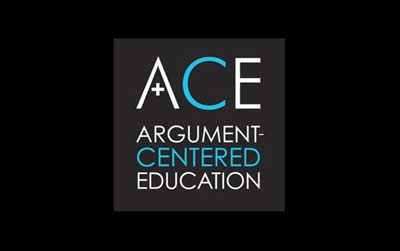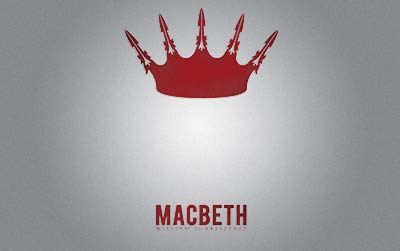Argument-Centered Education designs highly specific, carefully adapted argument-centered curriculum and instructional resources for its partner-schools, and in close collaboration with its partner-teachers. These resources can be placed in five categories. The categories are described below, with typical examples provided. There are literally hundreds more examples in a library expanding weekly available to Argument-Centered Education partners.
If you are from a school, network, or district that partners with Argument-Centered Education, click the link below to access the full library of argument-centered resources
Click the button below to see an example of a classroom debate from a middle school social studies class on whether young people should be allowed to play violent video games.
Argument-Builders
Argument Activities
These range very widely but are all unified by integrating academic argument key components into core curriculum, so that all students in a classroom are engaged in efficient, focused argumentation on central questions in the units teachers are currently teaching.
Samples from math:
Argument Games
There are times when the most pedagogically useful and productive way to develop students’ understanding of and proficiency with academic argument is through gamification. Argument-Centered Education has a slate of academic argument games that target individual key components in argument-centered pedagogy.
Samples from social science:
Argumentative Writing
A substantial portion of all Argument-Centered Education resources culminate in college-directed argumentative writing projects. Argument in the classroom can be understood as a preparation for more informed, more critical-thinking rich, more engaging academic writing; an argument-centered approach in the classroom is the best approach for helping to improving students’ writing.
Samples from science:
Argument-Centered Education has also developed argumentative writing modules applicable across literacy instruction. These ‘analytic comparison’ exercises are for middle-schoolers learning to use textual evidence and engage in refutation in their writing.
Samples from writing:
Multi-Sided Debates
Educators very often express to us that they have tried debating in the classroom but with disappointing results. Argument-Centered Education has a wealth of resources and experience to help ensure that classroom debates are high points during the school year, far exceeding expectations, building an academic culture, and engaging all students in rigorous and standards-aligned work.
One category of classroom debating resources we use are those built around an issue that has multiple sides or several possible best answers. These debating formats are often organized with students working in groups to defend one of those positions in relation to the others.
Samples from English language arts:
Samples from physical/health education:
Binary Debates
The other category of classroom debates is the one many people think of when they think of debating: the two-sided or binary debates (pro/con, point/counterpoint, affirmative/negative) on a carefully-formulated debatable question or issue. Argument-Centered Education has innovated formats in this category to ensure that they include the proper steps of argument-building and preparation, that they involve all students in a class (not solely the debater-speakers), and that they are truly rigorous.
Samples from social science:








